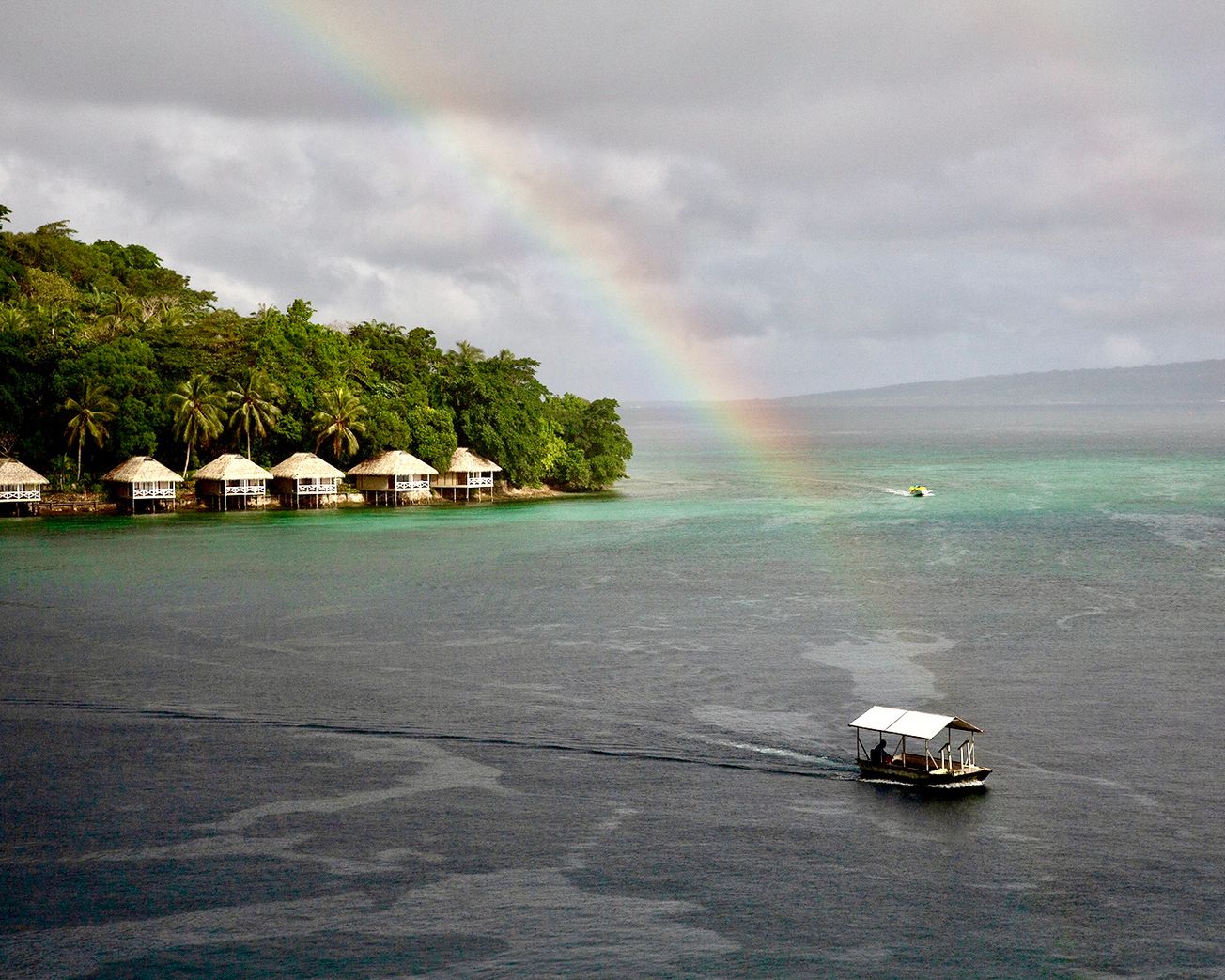The tiny archipelago nation of Vanuatu and a core group of nations persuaded the U.N. General Assembly to ask the International Court of Justice for an unprecedented legal opinion spelling out the consequences of climate inaction.
What began as a campaign by Pacific Island students in a law school classroom is now set to go to the United Nations' highest court. The action coincided with two hearings in the European Court of Human Rights on the first two of three cases challenging nations to do more to curb their greenhouse gas emissions.







